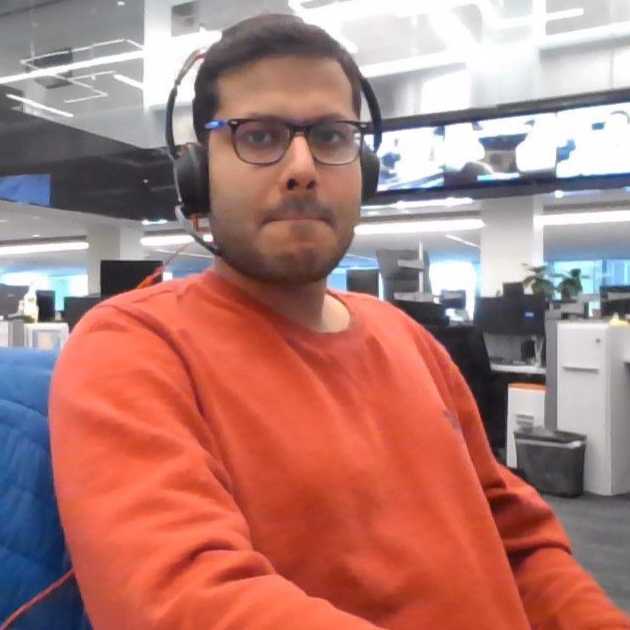[1/2] Twitter CEO Jack Dorsey addresses students during a town hall at the Indian Institute of Technology (IIT) in New Delhi, India, November 12, 2018. REUTERS/Anushree Fadnavis
WASHINGTON, June 12 (Reuters) – Twitter was threatened with shut down in India, Nigeria and Turkey unless it complied with orders to restrict accounts, with India wanting to curb journalists’ and protesters’ use of the social media platform, co-founder Jack Dorsey said on Monday.
Dorsey quit his Twitter CEO role in 2021 and the social media platform was purchased by billionaire Elon Musk in 2022.
“India for example, India is a country that had many requests of us around the farmers protest, around particular journalists that were critical of the government,” Dorsey, the former CEO of Twitter, said in an interview to YouTube news show Breaking Points.
Indian farmers ended a year of protests in late 2021 after winning concessions from the government regarding certain farm laws. The demonstrations were among the biggest faced by the government of Prime Minister Narendra Modi and his Hindu nationalist Bharatiya Janata Party (BJP).
“It manifested in ways such as: ‘We will shut Twitter down in India,’ which is a very large market for us; ‘we will raid the homes of your employees,’ which they did; ‘we will shut down your offices if you don’t follow suit.’ And this is India, a democratic country,” Dorsey added.
The Indian government has previously denied engaging in online censorship and says it only aims to restrict misinformation and posts that curb peace and security.
Dorsey also mentioned similar pressure from governments in Turkey and Nigeria, which had restricted the platform in their nations at different points over the years before lifting those bans.
“Turkey is very similar (to India), like we had so many requests from Turkey. We fought Turkey in their courts and often won, but they threatened to shut us down constantly,” he said.
Dorsey also added that the situation in Nigeria was such that Twitter could not even put its employees on the ground in the country out of fear of what the government might do to them.
Nigeria had suspended Twitter in 2021 after it removed a post from then-President Muhammadu Buhari that threatened to punish regional secessionists. It lifted the ban in early 2022 after Twitter agreed to open a local office, among other agreements with authorities.
Advocacy groups have raised concerns about the human rights situations in India, Turkey and Nigeria.
Reporting by Kanishka Singh in Washington; Editing by Simon Cameron-Moore
Our Standards: The Thomson Reuters Trust Principles.
